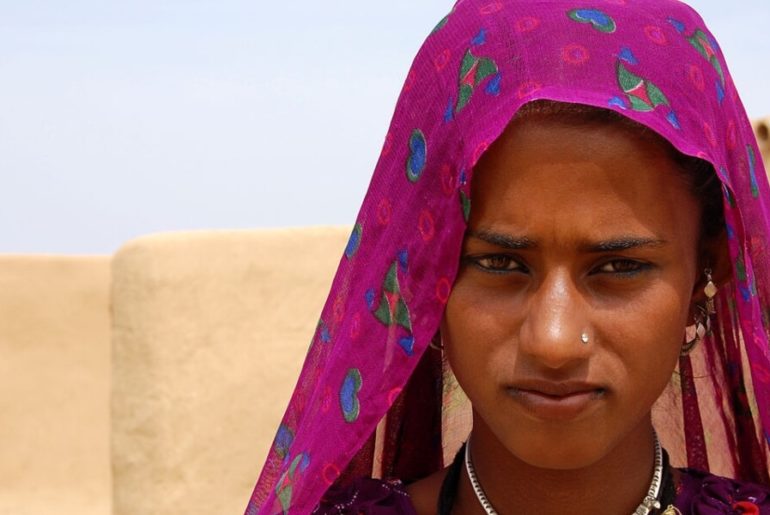In late December, Prime Minister Narendra Modi’s false claims that India had no detention camps fanned the flames of tension throughout the increasingly divided country. He was referring to “lies” about migrant detention camps currently being built in the heavily-Muslim populated state of Assam. As Modi and his administration continue to push a hardline Hindu nationalist agenda since his May landslide victory, citizen unrest has spread.
In mid-December, Modi’s party, the BJP, voted to amend a law granting citizenship to “persecuted” minorities — Hindus, Sikhs, Jains and Christians from neighboring countries like Afghanistan and Pakistan — making no reference to Muslims, in a country where they comprise 15% of the population. Protests against anti-Muslim policies have gained traction since early December, shortly after the Citizenship Amendment Act passed, which many have called regressive and discriminatory.
“Our constitution prohibits any discrimination based on religion. By distinguishing illegal immigrants based on religion, the proposed law violates the basic structure of the Indian constitution,” NALSAR University of Law Vice Chancellor Faizan Mustafa told Al Jazeera. Mustafa says the CAA violates India’s secular Constitution.
In Assam, Muslims have been left scrambling for proof that they or their ancestors obtained Indian citizenship prior to 1971 when Bangladesh and Pakistan split and established separate countries. Every one of Assam’s 33 million residents has had to prove citizenship, being put onto lists known as the National Register of Citizens (NRC). Over 1,000 citizens declared “illegal immigrants” are now being detained in migrant camps in Assam. Another 269,000 square foot detention center, intended to hold over 3,000 people, was recently constructed. The process has separated families and driven fear into communities throughout India. Human rights activists fear the impetus will pave the way for a national NRC — an idea announced by BJP Home Minister Amit Shah in November — something the 80% Hindu majority in India favoring Modi’s populist message may ostensibly support.
Shah, who has described Bangladeshi immigrants using hateful terms like “termites” and “infiltrators,” repeats claims of Muslims posing threats to national security. In August, the administration revoked the statehood of Jammu and Kashmir, India’s only Muslim-majority state. Modi’s government converted the territory into federal land, arresting most of its leaders before carrying out a communications blackout across the state.
In the capital city of New Delhi, activists have blocked the roads for the last two weeks since the law was passed, culminating in thousands of Indians gathering across the country on New Year’s Eve to protest the administration’s increasingly anti-Muslim policies. In a plea to pacify the protests, Modi declared at a rally that “no discussion” has been had on the NRC, contradicting some of his closest administration officials. At least 25 demonstrators have been killed since protests began.
[ https://twitter.com/NrcProtest/status/1211657298055024641 ]
Of the situation in Assam and Kashmir, human rights activist Harsh Mander told the New York Times: “it’s an assault on the very imagination of India, of the freedom struggle, of the Constitution, of the idea of a country in which everyone belongs equally.”

